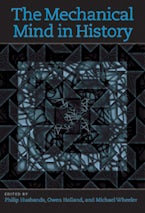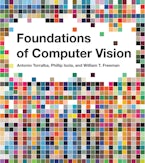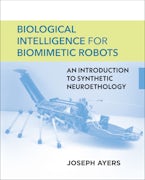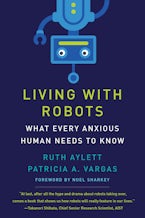Scientists, artists, historians, and philosophers trace the evolution of the idea of intelligent machines, reflecting on the multidisciplinary quest to explain mind scientifically as a wholly mechanical process.
The idea of intelligent machines has become part of popular culture. But tracing the history of the actual science of machine intelligence reveals a rich network of cross-disciplinary contributions—the unrecognized origins of ideas now central to artificial intelligence, artificial life, cognitive science, and neuroscience. In The Mechanical Mind in History, scientists, artists, historians, and philosophers discuss the multidisciplinary quest to formalize and understand the generation of intelligent behavior in natural and artificial systems as a wholly mechanical process. The contributions illustrate the diverse and interacting notions that chart the evolution of the idea of the mechanical mind. They describe the mechanized mind as, among other things, an analogue system, an organized suite of chemical interactions, a self-organizing electromechanical device, an automated general-purpose information processor, and an integrated collection of symbol manipulating mechanisms. They investigate the views of pivotal figures that range from Descartes and Heidegger to Alan Turing and Charles Babbage, and they emphasize such frequently overlooked areas as British cybernetic and pre-cybernetic thinkers. The volume concludes with the personal insights of five highly influential figures in the field: John Maynard Smith, John Holland, Oliver Selfridge, Horace Barlow, and Jack Cowan.
Contributors
Peter Asaro, Horace Barlow, Andy Beckett, Margaret Boden, Jon Bird, Paul Brown, Seth Bullock, Roberto Cordeschi, Jack Cowan, Ezequiel Di Paolo, Hubert Dreyfus, Andrew Hodges, Owen Holland, Jana Horáková, Philip Husbands, Jozef Kelemen, John Maynard Smith, Donald Michie, Oliver Selfridge, Michael Wheeler
Bradford Books imprint












